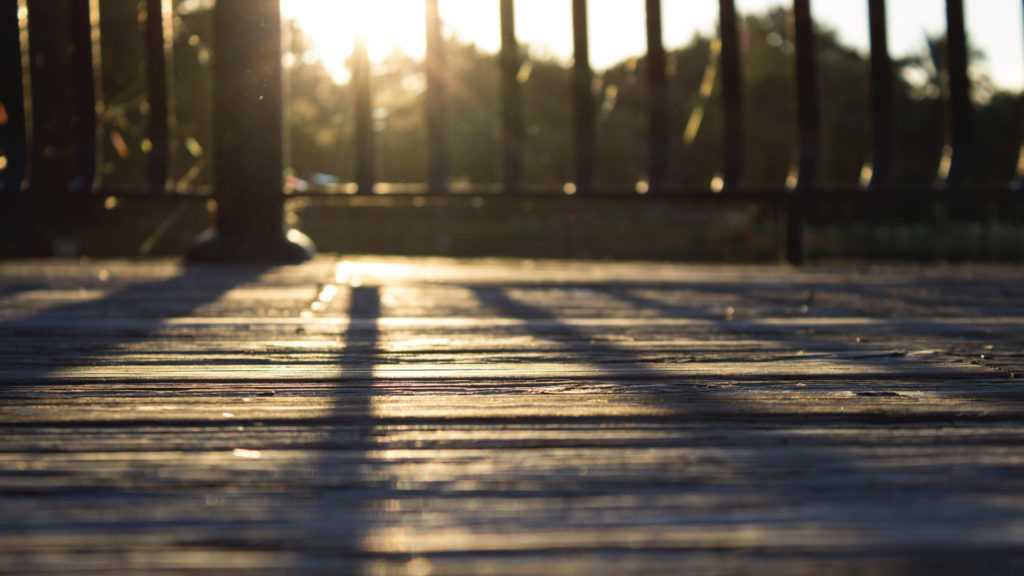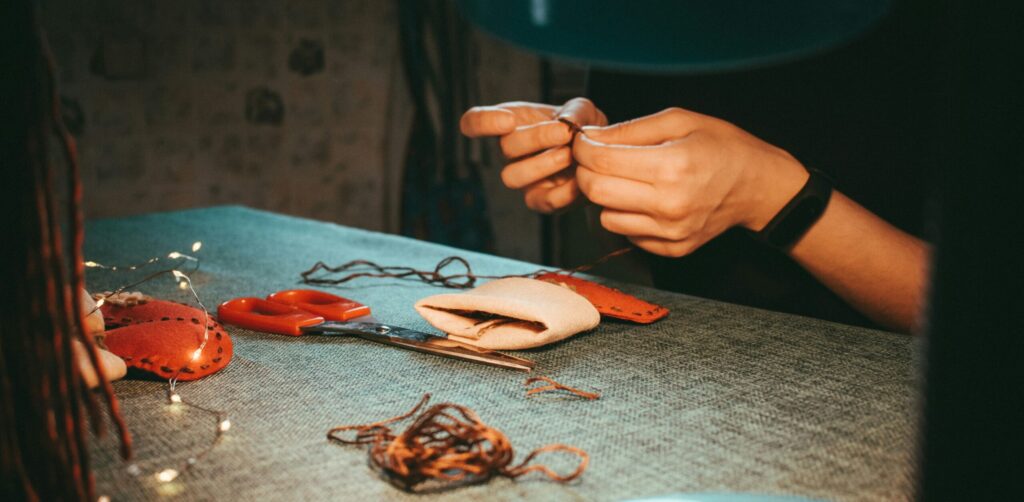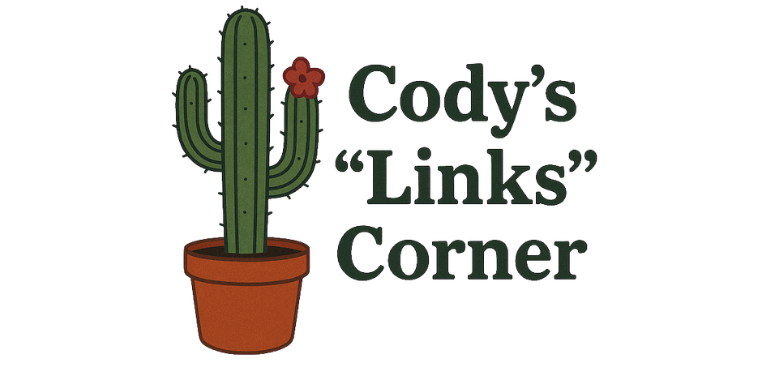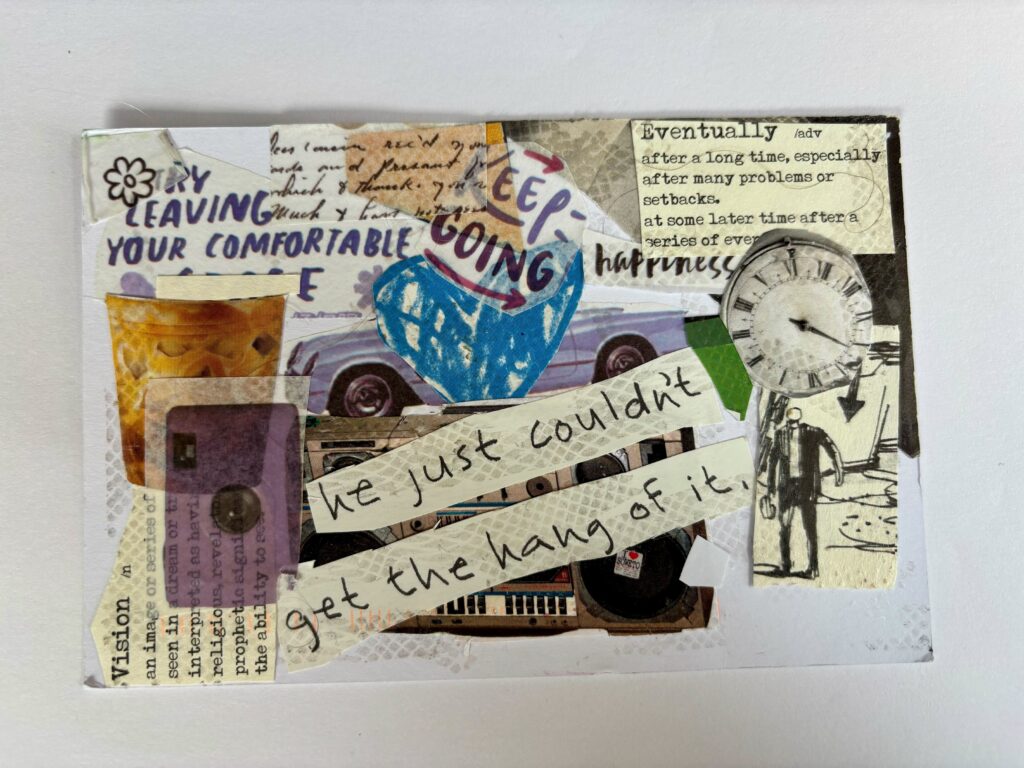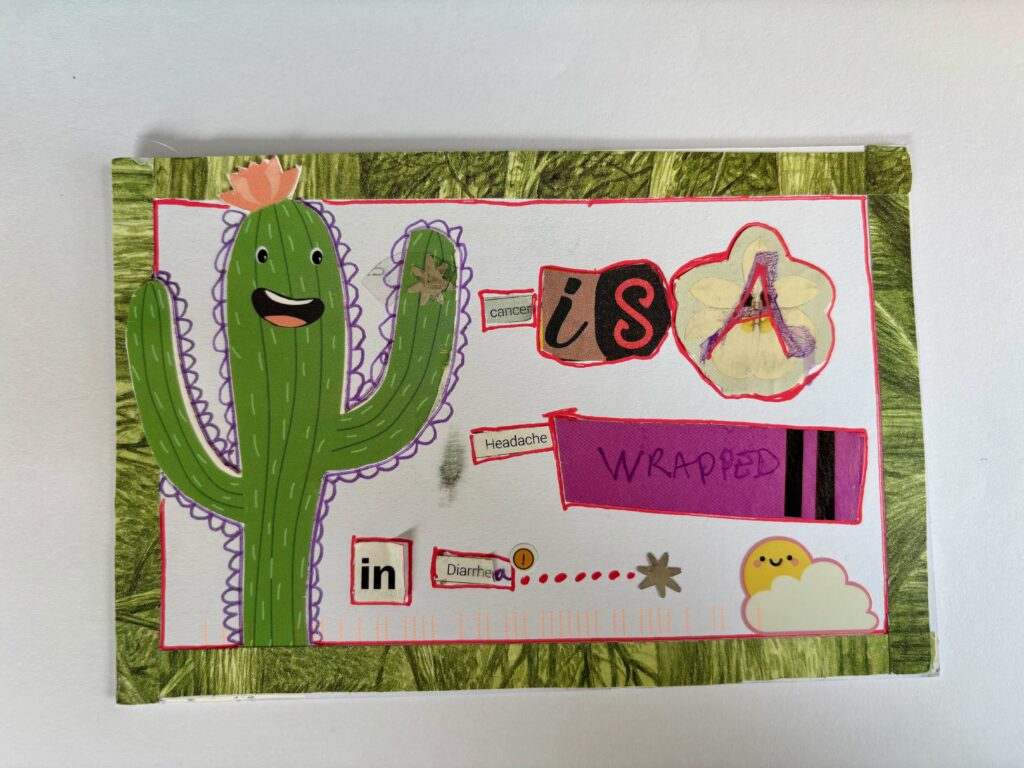Welcome to the comments and discussion of the Young Adult Cancer Book Club! We are reading The Immortal Life of Henrietta Lacks by Rebecca Skloot! Catch up on Chapters 1-3, Chapters 4-6, Chapters 7-9, Chapters 10-12, Chapters 13-15, and Chapters 16-18.
Let’s get started!
Chapter 19. “The Most Critical Time on This Earth Is Now.” 1966-1973.
This chapter shows more of the continued hardship and violence that Deborah faced into young adulthood. Bobette shows up in big ways for Deborah through different stages of her life; helping her to manage a small child and still graduate high school, helping her find a job, and then as a voice of reason. This chapter also shows Deborah’s siblings, primarily her brother Joe who has continued issues with authority. This chapter is short but shows such a compelling portrait of a young Deborah, faced with so much more than anyone should have to face.
– Mallory C
Chapter 20. The HeLa Bomb. 1966.
This is the most technical chapter we have read yet. It outlines how a scientist in 1966 discovered or at least highly suspected that HeLa cells had contaminated most cell culture work at that time. It outlines how the scientists of the time did not understand the unique properties of these cells or how to properly culture and store them. Strict sterile precautions were not being used in the labs where these cells were being grown and used in experiments. Science in the 1960’s did not grasp the virulence of these cells and how ubiquitous they had become due to contamination. I found it very interesting that so much about these cells was unknown. The optimism of these scientists also struck me. They were so anxious to realize the huge potential of these cells they didn’t take the time to be careful and precise with their use. They were so sure these cells would do everything from cure cancer to the common cold they went ahead full speed. A very human thing to do and for me it shows the very human side of this technical chapter. The scientist who suggested that HeLa cells were contaminating their experiments encountered another human reaction, disbelief. He was able to show the contamination through a genetic marker that was rare and found only in African Americans however many were hesitant to throw out all their work. The chapter ends with these dubious scientists developing a genetic test to discover HeLa contamination rather than just the specific genetic marker the original scientist had found. Although heavy on science and technical description I enjoyed learning more about how these cells were used and their unique properties. It also lays the groundwork for how these cells eventually get traced back to Henrietta’s family.
– anonymous
Chapter 21. Night Doctors. 2000.
The biggest take-away from this chapter? “[Deborah] keep givin out information and not gettin nuthin. They don’t even give her a postcard.” The Lacks family was continually asked for information but was given nothing in return. The cells Henrietta “donated” weren’t donated at all but taken. Add in the stories of “night doctors” abducting black people for experimentation and you’ve got yourself a very close-knit and protective family. Early in Ms. Skloot’s conversation with Lawrence, Henrietta’s eldest brother, he asks her, “Can you tell me what my mama’s cells really did? I know they did something important but nobody tells us nothing.” The family wants to be informed and instead, they are continually treated as a commodity.
– Mallory C
—
Thanks for joining us for Chapters 19-21 of The Immortal Life of Henrietta Lacks by Rebecca Skloot! Join in next Monday for Chapters 22-24.
If you’re just joining us, here are some logistics:
We will talk about several chapters each Monday until the book is done (probably about three chapters since the book has so many). Then, we’ll use one more Monday to talk about general feelings from the book and anything else you’d like to discuss. Join in, in the comments every week! At the end, we’ll have a book club discussion via video chat! Also, there will probably be spoilers. Read along with us!
How are you enjoying our young adult cancer book club?



